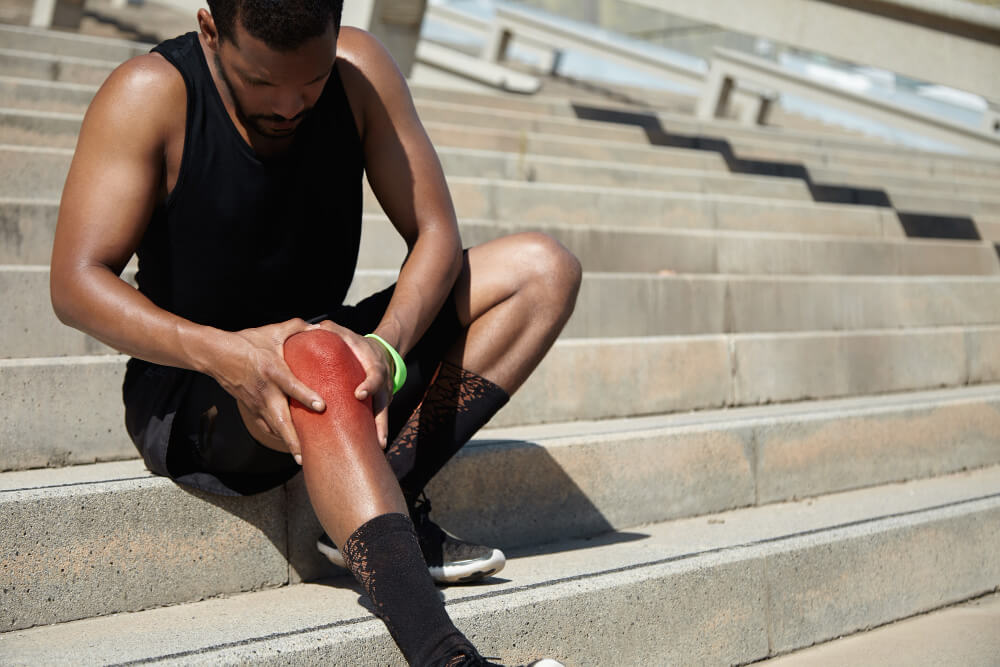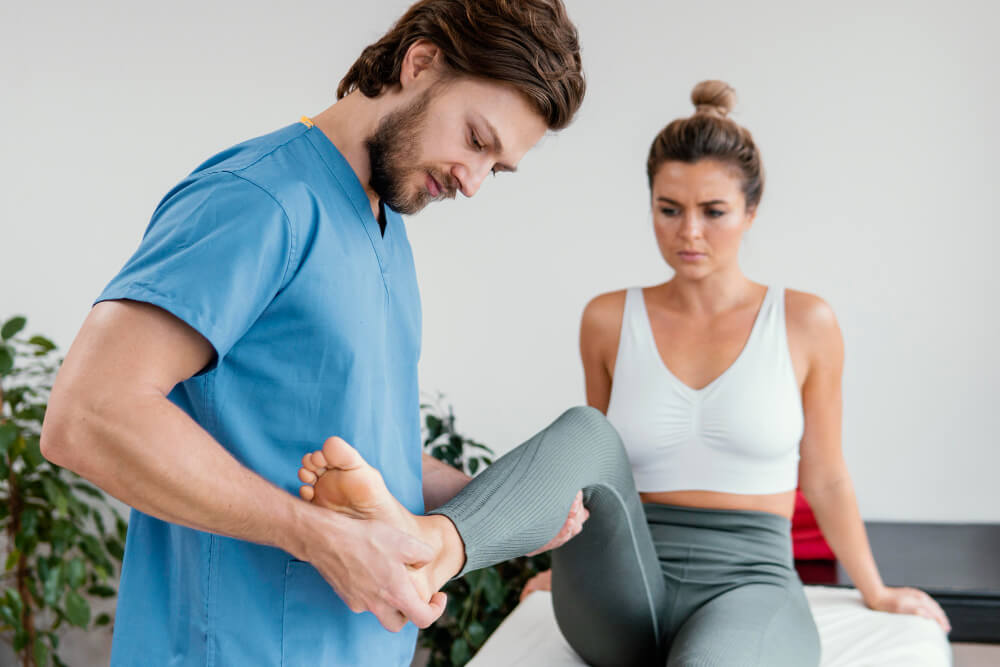Urgent Care Clinic for Joint Injuries
Joint injuries can occur due to accidents, overuse, or underlying medical conditions. They can cause pain, swelling, and limited mobility, affecting an individual’s ability to perform daily activities. Urgent care clinics are equipped to handle a wide range of joint injuries, providing immediate medical attention and appropriate treatment.
Common Joint Injuries Treated at Urgent Care Clinics
Urgent care clinics can effectively treat a variety of joint injuries, including:
- Sprains Overstretching or tearing of ligaments, often caused by sudden twisting or twisting movements.
- Strains Overstretching or tearing of muscles.
- Fractures Broken bones, which can range from simple to complex.
- Dislocations When a joint becomes dislocated, meaning the bones that form the joint have been separated from their normal position.
- Bursitis Inflammation of the bursa, a fluid-filled sac that cushions joints.
- Tendinitis Inflammation of tendons, the tissues that connect muscles to bones.
Symptoms of Joint Injuries
Joint injuries can cause a variety of symptoms, including:
- Pain Aching, throbbing, or sharp pain in the affected joint.
- Swelling Increased swelling in the area around the joint.
- Bruising Discoloration of the skin around the injury.
- Limited Range of Motion Difficulty moving the joint.
- Instability Feeling like the joint is giving way or feeling unstable.
Seeking Urgent Care for Joint Injuries
If you experience a joint injury, it’s important to seek medical attention promptly. Urgent care clinics can provide immediate assessment and treatment, helping to prevent complications and promote healing.
When to Seek Urgent Care
- Severe pain
- Inability to move the joint
- Visible deformity or swelling
- Numbness or tingling in the affected area
- Signs of a fracture, such as a grating or popping sound
Diagnosis of Joint Injuries
Urgent care providers will conduct a thorough physical examination to assess the extent of the injury. In some cases, imaging tests, such as X-rays or MRIs, may be necessary to confirm the diagnosis.
Treatment for Joint Injuries
Treatment for joint injuries will vary depending on the severity of the injury and the underlying cause. Common treatment options include:
- Rest and Immobilization Resting the injured joint and using splints or braces to immobilize it.
- Ice and Compression Applying ice to reduce swelling and compression to control bleeding.
- Elevation Elevating the injured limb to reduce swelling.
- Over-the-Counter Pain Medications Nonsteroidal anti-inflammatory drugs (NSAIDs) like ibuprofen or naproxen can help alleviate pain and reduce inflammation.
- Physical Therapy Exercises and stretches to improve range of motion, strengthen muscles, and reduce pain.
- Splints and Braces Devices used to support and stabilize the injured joint.
- Surgery In severe cases, surgery may be necessary to repair broken bones or address other underlying conditions.
Preventing Joint Injuries
While accidents can happen, there are steps you can take to reduce your risk of joint injuries:
- Proper Warm-Up Warming up before physical activity can help prevent injuries.
- Proper Technique Using proper form and technique during exercise or activities.
- Adequate Rest Allowing your body sufficient time to recover from physical activity.
- Strengthening Exercises Regular strength training can help prevent injuries by strengthening muscles and joints.
- Protective Gear Wearing appropriate protective gear when participating in sports or other activities.
The Importance of Follow-Up Care
After receiving treatment for a joint injury, it’s important to follow up with your healthcare provider to monitor your progress and ensure complete healing.
- Rehabilitation Continuing with physical therapy to restore full function and prevent recurrence.
- Gradual Return to Activity Slowly increasing your activity level to avoid reinjury.
- Ongoing Care Regular check-ups with your healthcare provider to monitor your condition and address any concerns.
Urgent care clinics play a vital role in providing prompt and effective care for joint injuries. By seeking timely medical attention, individuals can reduce pain, promote healing, and prevent long-term complications.


